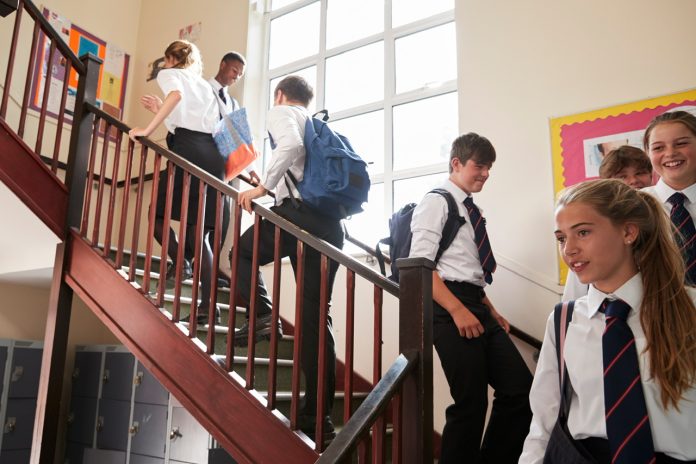Peers are calling for a shake up of the school curriculum for 11 to 16 year olds including the scrapping of the English Baccalaureate
Members of the cross party Education for 11–16 Year Olds Committee say that the education system which is heavily focused on academic learning. Schools have been incentivised to focus their resources on a narrow set of core subjects, meaning many pupils now have fewer opportunities to experience more practical, applied forms of learning, and to study creative, technical and vocational subjects. Many pupils are also not sufficiently developing essential literacy, numeracy and digital skills in this phase.
The Cross Party Pupils are now assessed purely by exams in many GCSE subjects. The current assessment model puts intense pressure on schools, teachers and pupils due to the high stakes attached to pupil performance during just a few weeks of written exams. The Government faces increasing calls to significantly reduce the number of exams pupils take at age 16 as part of a long-term programme of reform
The Government should reduce the amount of content in the 11–16 curriculum, particularly in GCSE subjects.
A revised curriculum should enable schools to offer a more varied range of learning experiences, with the aim of promoting the development of a broader set of knowledge, skills and behaviours.
It should ensure that there is an adequate set of literacy and numeracy qualifications available to pupils aged 14 to 16, focused on the application of these skills in real-world contexts, and create additional pathways to support the development of pupils’ digital skills through the creation of new qualifications.
It should initiate a programme of reform aimed at reducing the volume and lowering the stakes of exams taken at age 16. In the shorter term, the exam burden could be eased by increasing the use of coursework or other forms of non-exam assessment in GCSE courses.
It must abandon the English Baccalaureate (EBacc) school performance measures, and review the other measures used in the 11–16 phase, to enable schools to promote a broader range of subjects to pupils at key stage 4.
Lord Johnson of Marylebone, Chair of the Education for 11–16 Year Olds Committee, said:
“A key purpose of the 11-16 phase of education is to prepare young people to progress to the full range of options available to them in post-16 education. The current focus, however, is almost entirely on academic learning at the expense of a broader range of knowledge, skills, and behaviours.
“It’s vital that pupils have access to a genuinely broad and balanced education during key stages 3 and 4. Changes must be made to give schools greater flexibility to offer the subjects that are best for their pupils. We heard that currently this can be difficult to deliver due to the combined effect of the overloaded curriculum, disproportionate assessment model and academically focussed school performance measures in this phase.
“Schools are having to direct their resources towards a narrow set of academic subjects, with take-up of creative, technical and vocational qualifications suffering as a result. Our report lays out the steps the Government must take to address this decline, as part of a wider package of measures, to ensure pupils are well prepared to pursue the full range of options in the post-16 phase and flourish in the future.”







